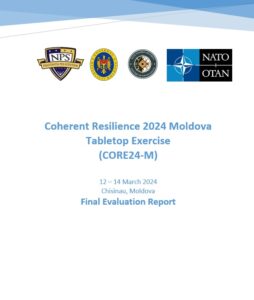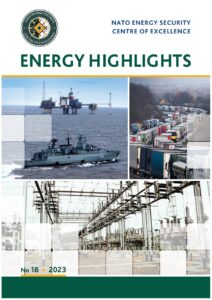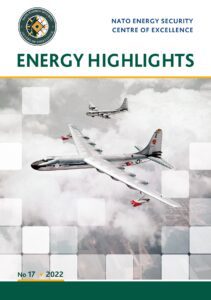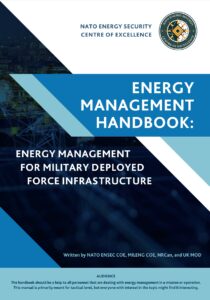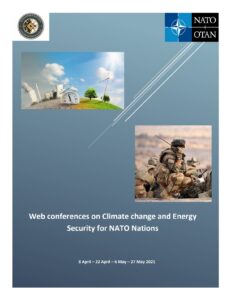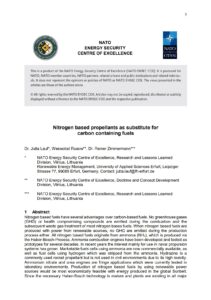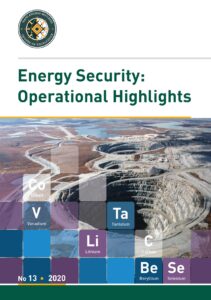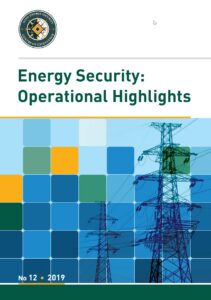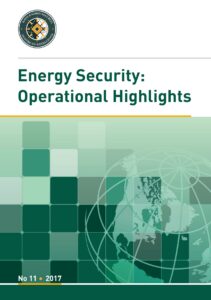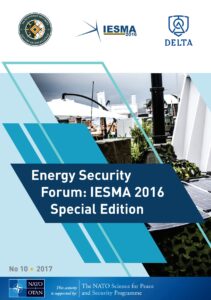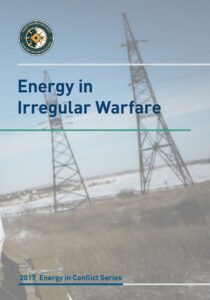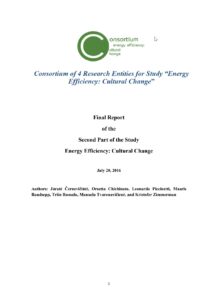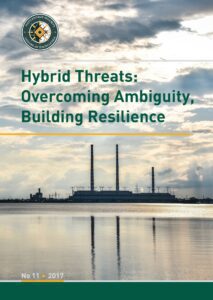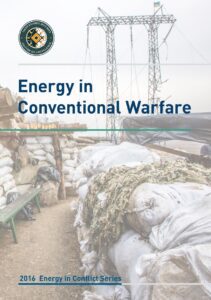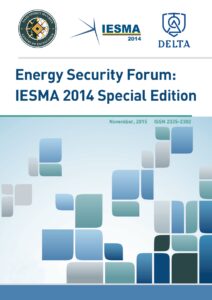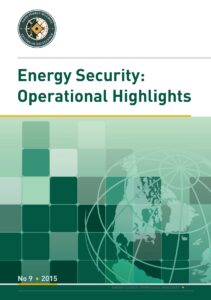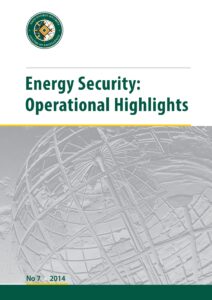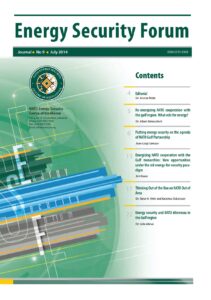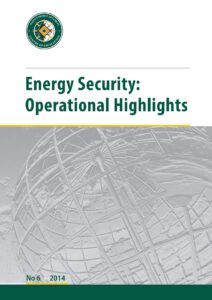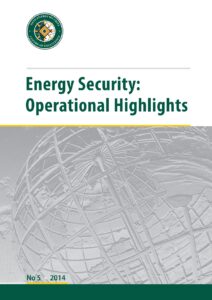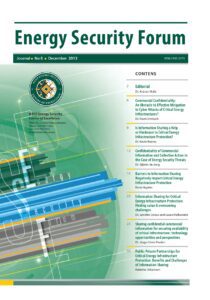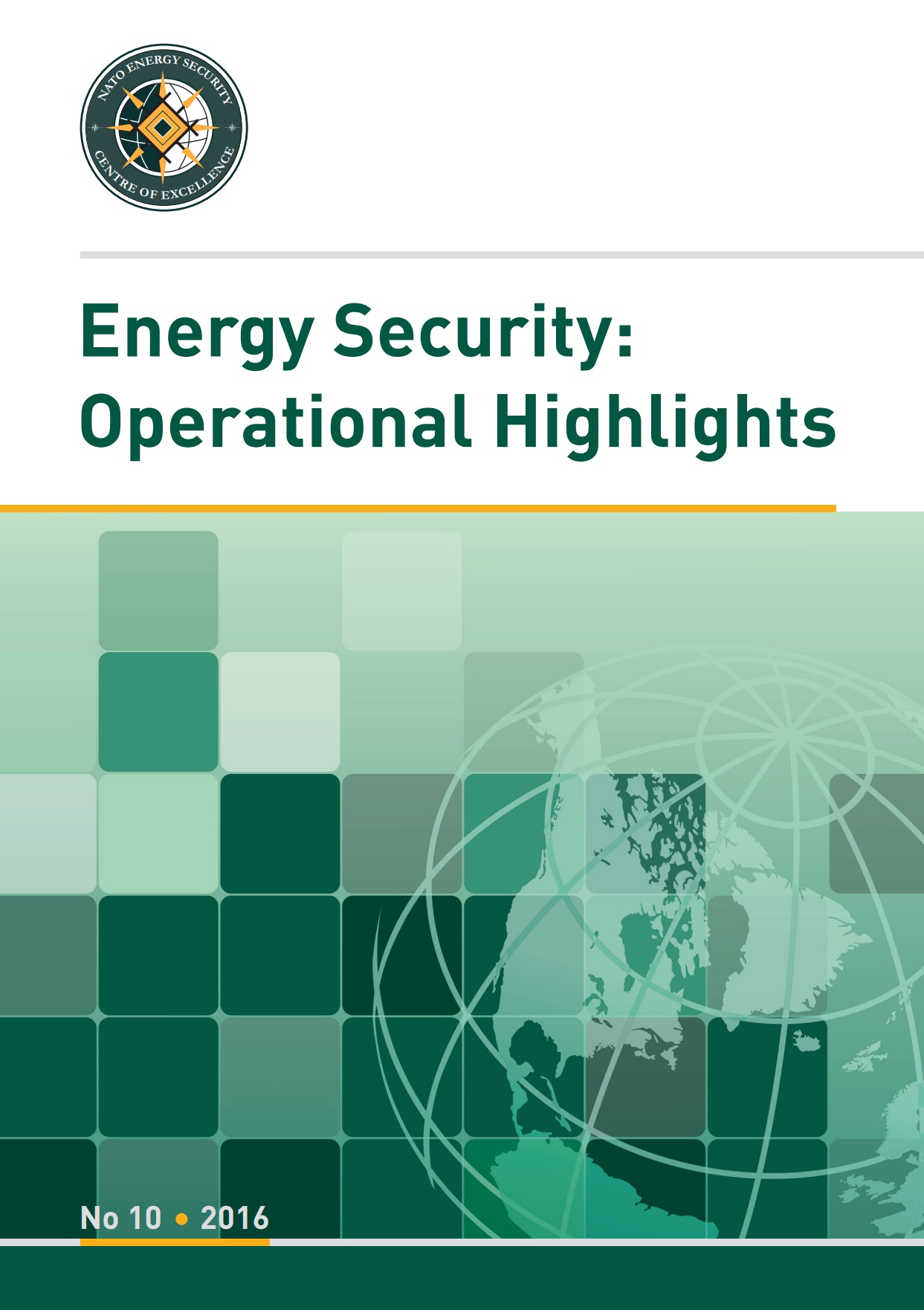
Estonia’s Developing Level Playing Field for Critical Energy Infrastructure Protectors – a Model for Broader Scale Platforms?
ANNA BULAKH, EMMET TUOHY AND PIRET PERNIK
Critical energy infrastructure is an attractive and vulnerable target for cyber attacks. Supervisory control and data acquisition systems (SCADA) and smart grids are the main focus of attacks through the cyber space. The case of Estonia provides some suggestions to mitigate these threats.
The Perils of Cyber-attacks Against the Energy Industry
REMIGIJUS ŽILINSKAS AND LUKAS TRAKIMAVIČIUS
Cyber attacks to energy industry have become increasingly sophisticated and dangerous over the last years. NATO has adopted several measures to counteract the threats coming from cyber attacks.
Energy Infrastructure in Asymmetric Warfare: The Case of the “Islamic State”
REMIGIJUS ŽILINSKAS AND JÁN ČIAMPOR
Destruction of critical energy infrastructure has a potential to cause far-reaching consequences. Military activities of insurgencies connected to energy infrastructure create an impetus for the policymakers to identify vulnerable targets and adopt effective protective measures.
Ensuring Energy Security in NATO: a Sociological Approach
SIGITA KAVALIŪNAITĖ, DAINIUS GENYS, AND TIZIANA MELCHIORRE
NATO has adopted relevant measures to ensure energy security in its member states, by valuably and profitably contributing to this field in the North-Atlantic area. Ronald Inglehart’s sociological approach with a focus on materialist and postmaterialist values
is useful to define NATO’s role in the sector of energy.


